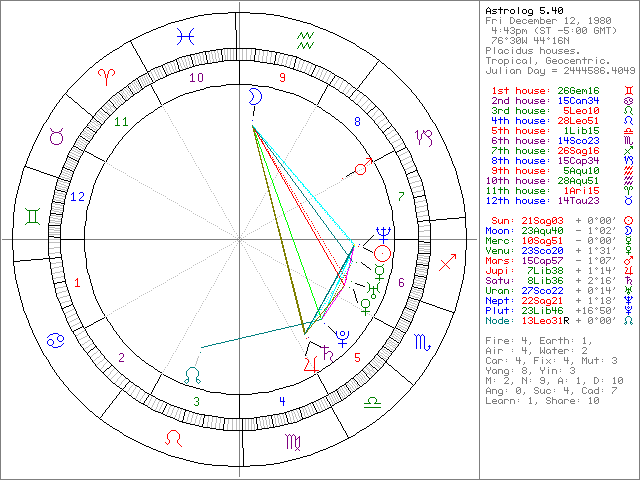No, this isn't going to be a diatribe against politicians. I'm hard-pressed to think of any that have ever been a hero of mine.
I was struck, a couple of days ago whilst reading one of Les Visible's recent screeds - this one against Richard Dawkins - by how much a man's heroes can change. Dawkins, you see, used to be a hero of mine, back in my university days when I was convinced that there was no God and that all religion and spirituality amounted to no more than memetic virii that had infected the minds of the weak-willed. As recently as a couple of years ago I still bought and read his books, nodding sagely as he pronounced against dangerously misguided theories of the world such as Catholicism, Islam, or Postmodernism. His, I thought, was a brave voice in the wilderness, raised against the madness of the ages that had given us the Spanish Inquisition, the destruction of native cultures, the persecution of Galileo, witchhunts, and the tedium of the Anglican liturgy (I was raised Anglican. Boredom in the pews had as much to do with my fascination with atheism as anything else.)
It's hard to say just when Dawkins' one-note act began to pall. Certainly he looks to me, today, to be something like a crazed baboon, his screeds amounting to no more than feces crapped into his hand and flung at things that scare him because ... he doesn't understand. I'd almost feel sorry for him, were it not for his legions of avid followers, the rabid atheists who eat up the words of the likes of Dawkins and Hitchens and Dennett, spitting their arguments in the face of anyone who dares give voice to the belief that there's more to the world than Brownian motion, then beaming smugly as though they'd proved something other than their own self-imposed blindness. They're an ugly lot, the mirror-image of Christian fundamentalists as convinced of their own intelligence - they're so Bright, after all! - as the Bible-thumpers are of their own righteousness. Both are alike in their own self-satisfied certitude, and everyone can see it but them.
Dawkins isn't the only one whose visage has morphed in my eyes from brilliant sage to leering primate. Many of the science fiction writers whose work I idolized as a youth - Robert A. Heinlein, Larry Niven, Bruce Sterling, to name three - I now look at with a somewhat more jaundiced eye: Heinlein as a pollyanish techno-utopian, Niven as a crypto-fascist, and Sterling as a (possibly paid) shill for the New World Order. Alex Jones was another hero of mine, for a year or so, until I came to the conclusion that, in all probability, he's a gatekeeper: controlled opposition, like Noam Chomsky, telling the truth except when it counts.
Whether someone's a hero or a monster is largely a matter of perception, and perception's a tricky thing in a world built out of lies.
Gaza: Israel Attacked Palestinian Fertility Clinic
-
Via: Reuters: When an Israeli shell struck Gaza’s largest fertility clinic
in December, the explosion blasted the lids off five liquid nitrogen tanks
store...
8 hours ago
